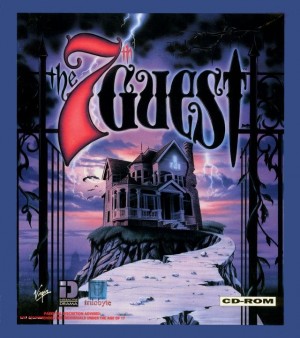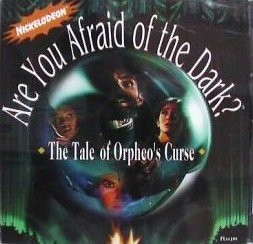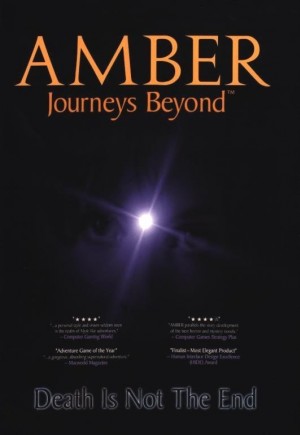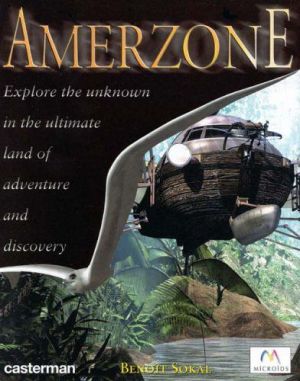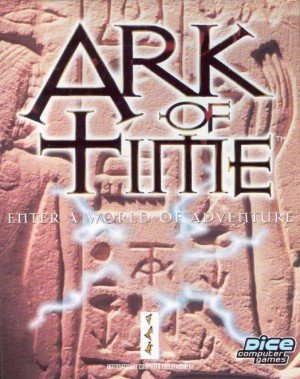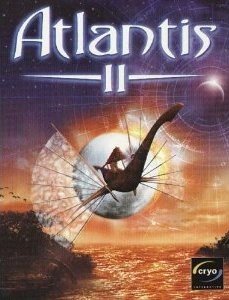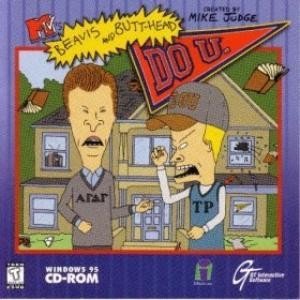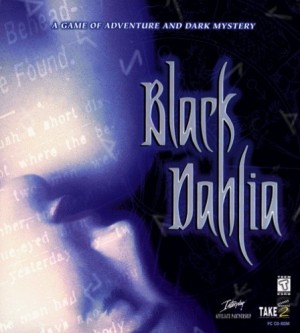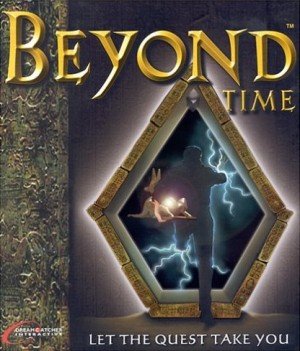The Adventure Company Europe
DreamCatcher Interactive, along with The Adventure Company sublabel, has recently made it to becoming the 10th largest publisher in the US. Founded in Toronto, DreamCatcher started out as a small distributor of adventure titles such as Beyond Time and Jewels of the Oracle. Thanks to its phenomenal growth, DreamCatcher is now the leading publisher of adventure games in North America.
The success of DreamCatcher is based for a large part on the myriad of adventure titles created by the now-defunct Cryo Interactive, and their effective marketing and repackaging for the North American market. DreamCatcher is now expanding accross the Atlantic, having opened a new European division based on salvaged Cryo assets. We were invited to take a look at DreamCatcher’s European line-up at a press event in Paris last week.
Most notable in the line-up is Law & Order: Dead On The Money, which will be released in UK, German, French, Spanish and Italian localizations around June 2003. Besides the localized voiceovers, the developers of the TV show adaptation decided to make the time limit optional in the European version. (The time limit, by the way, is based on the actions of the player—not on real time). The developers were apparently overwhelmed by user feedback in the US, where the game has sold over 250,000 units.
Others games that we saw were Thorgal: Odin’s Curse (known as Curse of Atlantis in North America), Salammbô: Peril in Carthage and Emenophis: Resurrection, the European version of The Cameron Files: Pharaoh’s Curse. The Omega Stone was also announced, but wasn’t quite ready to be shown yet, as it is slated for release much later this year. We’ll be posting full previews of some of the new titles this month.
During our meeting in Paris we got to talk with Ghislain Pages, Commercial Director for the new DreamCatcher Europe, discussing the company’s future line-up and strategies.
What are your goals going to be for the European division for the next years?
Today, DreamCatcher North-America is the leader for the adventure game, with a 60% share of that market. That’s the strength of DreamCatcher. By taking the assets of the former Cryo company—such as the Salammbô and Atlantis team, and the team of Egypt and the historical adventure genre—DreamCatcher North-America has good roots for Europe through Cryo. By mixing the good European roots of the former Cryo with the vision, the strength and the clear ideas of DreamCatcher North-America, we aim at becoming leaders of the adventure game in one or two years. For that we have created one label, which is The Adventure Company. For the final consumers it means one company will provide all types of adventure games. That’s the first idea. Our second idea: The Adventure Company is not the whole market, obviously. We are developing together, but Dreamcatcher as a label is more about “gamers” and more “American-type” products, like Painkiller or Harbinger. Those games are both brilliant examples of that.
You’ve already touched on this in your answer, but how much of Dreamcatcher Europe is based on Cryo assets?
Mostly, it’s the structure. There is an organisation with a knowledge of the market. Thanks to that we already have a good approach. We know what consumers are looking for, and we want to adapt ourselves to them—not the opposite. By taking the assets of Cryo, DreamCatcher in North-America is already making great steps in its approach in Europe. It’s not going to approach Europe through an American perspective, but through a European one. That’s very important. Secondly, we have the two development teams, which are well known for the quality of the graphics and also for the fantastical and historical scenarios. That’s why we are going to release a title like Salammbô this year. Everybody talks about the French touch, but nobody knows what it is. The people who buy Salammbô will perhaps understand what the French touch is. The graphics, the originality and the story based on the book from Gustave Flaubert—the game is quite artistic. That’s what we've taken from Cryo.
Is this the kind of direction you want to take with these games? Because Cryo has also made a lot of more realistic or …
(laughs) Boring?
… or historical games.
We don’t want to get only historical, or only fantastical games. But we want their parts of the adventure market. But we don’t want to release a historical game every three months. One or two very good games of that type per year is enough. The same goes for the fantastical games, not to mention all the other games we have. With Law & Order we will provide the first police inquiry game in Europe.
One of the problems I thought with Cryo was that it tried to do too much at the same time, releasing too many titles after another.
Probably, yes. Cryo tried to develop great licenses but unfortunately at that time the market was not good enough to support their developments. In the meantime, Cryo made perhaps too much games of the same type, with the same historical themes. But with a clear message and with our new strategy, I think we can become much more successful.
What are the major differences between the European and American markets (specifically for adventure games)?
The big titles that work in the States also work in Europe. I think the difference between the American line-up and the European line-up will be the specific games. For example, games like Versailles are very famous in France, and some other countries in Europe, but in the States it’s not a number one game. The main line-up will be, let’s say, 70 to 80% the same.
We’re often hearing from other companies that the market for adventure games is better in Europe than in the US. Do you agree with that?
You know, I would love to sell half a million units of The Crystal Key 2, as the first game did in the States. Even Riddle of the Sphinx--the sequel of which we’re going to release this year--sold 250,000 units in the States. I would love Europe to be much bigger than that.
To what extent will you focus on casual gamers as opposed to more hardcore gamers?
It is our view that the Adventure Company range will be more dedicated to the gamers of that type of game—casual gamers. Women are also an important share of our customer base. That’s the positioning of The Adventure Company. The positioning of DreamCatcher is completely different, which is more focused on gamers. For example, Harbinger is an RPG for gamers and Painkiller will be an FPS for gamers.
Can you hint at DC’s line-up beyond what you’re showing here today?
What we’ve presented are globally speaking all the finished games for the first semester. Obviously, we are also going to release games in the second semester. We will have Battlecruiser Generation, a great space strategy / action / RPG game. I think it will be a real multi-genre type of game that will be very interesting, but we’ll present it to you later. We will also get such good names as Schizm 2, one of the leading upcoming adventure sequels.
Speaking of Schizm (which is produced for a large part in Poland)... do you have specific plans for eastern Europe?
I was in Poland just last week. We do have specific plans. We’re now in discussion for agreements in Russia and Poland and also Hungary, so it covers the full area. We have traditional partners over there. We’re really happy about these countries, as they have a good public who knows the games and knows well how to play them. I’m sure that this part of the world will be a very exciting area, definitely.
And what about developers? Quite a lot of lesser known adventure games are being produced in the Czech Republic, for example.
We are already in cooperation with Russian, Polish, Czech and Slovakian studios. They are very good in computing and yes we will further develop our cooperations.
I guess my final question would be, can we expect a bigger flow of European games to the US, now that DC has its own European office?
Definitely. Take Atlantis for example, which has been created by Cryo. Beyond Atlantis is one of the leading products of DreamCatcher in the States. It’s becoming one of the best names in adventures. Tomorrow, perhaps Salammbô could become as big as Atlantis. We definitely want the “European touch” to grow in the US. But it’s not just going one way. It’s a bit dialectic, as we really want to make 1 + 1 = 3. Our European and American divisions become three together, when we take the root of each division and aim for very clear ideas.



